Would you rather buy petrol at the market price — currently about N264/litre — but get quality healthcare and education in return? Or would you prefer to keep buying subsidised petrol — currently at N162/litre — but our public hospitals and schools will remain abysmal? This is the perennial predicament presented to Nigerians for the past three decades since the fierce argument over fuel subsidy began. From the days of Gen Ibrahim Babangida as military president, the subsidy debate, framed in different ways, has always been a source of fiery relationship between the government and the people. It has led to strikes, protests, riots and killings at various points.
I would love to enjoy the best of both worlds, so why should it be an either/or question? I would say I want to buy petrol at N162/litre and, at the same time, get quality education and fantastic healthcare. I want government-owned schools in Nigeria to be as good as state schools in the UK when it comes to modern classroom infrastructure and excellent instruction — and for free. I want government-owned hospitals to have the best of qualified and motivated doctors and other personnel, as well as the most modern of medical equipment, super-adequate hospital beds, and the best of care — topped up with free consultation, free treatment, free surgery and free drugs.
But there are serious problems with my choice because they are based on some outrageous assumptions. One, I am assuming that Nigeria is “rich” and, therefore, has enough money to fund petrol subsidy and still offer excellent healthcare and education to hundreds of millions of its citizens. I am ignoring the fact that the country now services its debts with over 90% of its revenue and is running on empty. Two, I am assuming that it is my birth right to buy cheaper fuel because Nigeria is an oil-rich country. That is why I think I should buy petrol at a price that is lower than what obtains in other countries, even though I bought my car at a price that was not subsidised.
On the other hand, if I argue that I should buy petrol at N264/litre and then begin to enjoy world-class healthcare and education for little or nothing, I am also making many ambitious assumptions. One, I am assuming that the money that would have been saved this year would have been spent by the government (federal and state) to improve social services. From experience, the money is more likely to go into building ultra-modern governor’s lodges and constructing airports than go into improving healthcare and education. Two, I am assuming that the government even has the capacity and the will to manage social services in a way that would be beneficial to the people on the streets.
Advertisement
Yet, the fuel subsidy burden is no longer a joke. According to analysts, the bill would likely hit N2tr by the end of 2021 as crude oil prices keep going up. NNPC says we are consuming 60m litres per day. The higher the crude oil price, the higher the petrol subsidy. We must have spent over N10tr on petrol subsidy in the last 10 years and I cannot say our lives have been bettered by that. Nigeria is practically bankrupt. At this rate, states may go to FAAC meeting one day and come back in tears. All kinds of ailments are surrounding us at the same time: low oil revenues, low FX inflow, high debts and a monumental subsidy bill. In the meantime, economic productivity is hampered by insecurity.
Anytime I look at the subsidy figures and what we could have done with the money, I am deeply saddened and conflicted. We are talking about $4bn potentially pumped into petrol subsidy in 2021 alone. Some would say it is equal to piling up tonnes of dollars and setting them on fire. If $4bn is split in two and injected directly, honestly and judiciously into education and health sectors alone, Nigerians would feel the impact and rejoice. Nigerians would see the result. But they are forced to ask: of all the times that subsidies have been removed with promises to fix hospitals, roads and schools, what was the outcome? Did our lives change for the better? What were the benefits?
I may be exaggerating, but I would say only once have fuel prices been raised and Nigerians could actually point to what was achieved with it. In October 1994, Gen Sani Abacha, then head of state, increased petrol price from N3.25k to N11 and dedicated N5/litre to the Petroleum (Special) Trust Fund (PTF), which he set up to utilise the gains. It was headed by Maj-Gen Muhammadu Buhari, who happens to be our current president. PTF built roads, equipped hospitals and did water projects, among others. You could see PTF signboards at project sites across the country. But the other instances of fuel subsidy removal only produced mass transit buses. The rest was mainly “audio”.
Advertisement
It is, therefore, always a herculean task preaching to ordinary Nigerians that they need to let go of fuel subsidy, no matter the fraud involved in the application. The subsidy removal campaign has been packaged in so many ways. I remember the campaign for “appropriate pricing” in the 1990s. The key point was that, like every product in the market, petrol (and other fuels) should be priced to reflect the cost of producing it. Later, it became “deregulation”. That was packaged as government no longer getting involved and allowing the private sector to run the show. As far as activists are concerned, it is all about inflicting more hardship on poor Nigerians. Any other thing is theory.
Government officials have also often said insensitive things while advancing the case. There was a media campaign under Babangida that “a bottle of Coke is more expensive than a litre of petrol”. What exactly was the point — comparing oranges with tennis balls? As Prof Olatunji Dare asked then, were Nigerians now drinking petrol in place of Coke since it was more affordable? One of Babangida’s ministers, Col David Mark, as he was, queried why students were demonstrating against fuel price hike “when they don’t own cars”. He probably thought they trekked from their village to their schools. All these arguments only led to more resistance from the unions and students.
There was the argument over smuggling. Because Nigeria was selling petrol below market price, the product was being smuggled to neighbouring countries for arbitrage. We were therefore subsidising the consumption of petrol by our neighbours. If the prices were the same all over, the incentive for smuggling and corrupting the security officers at our borders would be gone — naturally. This is a logical argument and makes perfect economic sense, but there was also a counter-argument by activists: that the government was indirectly saying it was incapable of policing our borders and Nigerians should thus be “punished” for a clear state failing. Something like passing the buck.
Let me now come clean: I was pro-fuel subsidy and I wrote persistently against it from my student days until January 2012 — when the government of President Goodluck Jonathan announced the deregulation of the downstream sector, which expectedly came with pump price increases. I was shocked at the people that were urging me to oppose the removal. Some of these people were openly canvassing deregulation. I started asking myself why they would campaign for something on TV and then nudge me to oppose it. It was when the entire subsidy scam, running into trillions of naira, became public knowledge that I began to understand what was going on. I retreated.
Advertisement
While we have been campaigning that the government should “protect” the poor by keeping petrol price low, we were playing into the hands of the fat cats as they were busy buying private jets. I landed at the Abuja airport one day in 2012 and was dazed by the number of private jets at the GAT. They were parked wing-to-wing. Most of the jet owners turned out to be subsidy scammers. When you asked them what they were doing for a living, they would say “oil and gas”. No physical office. No tank farm. No refinery. From that era, I began to show more interest in the workings of the subsidy regime. My conclusion since then has been that we were really protecting the rich.
That moment of truth did not turn me into an anti-subsidy campaigner. Rather, I began to ask myself what we should subsidise. I was no longer persuaded that petrol subsidy is the right thing. I would rather the money was pumped into other sectors. Let Nigerians enjoy quality healthcare and education at subsidised rates. Re-direct part of the fuel subsidy to public hospitals so that we can have the equipment, drugs and personnel to protect poor Nigerians from dying cheap deaths. Re-direct part of the fuel subsidy to fund education so that poor Nigerians can get world-class education while paying little or nothing. That is a more productive application of subsidy, I told myself.
But you know what? Stop the average Nigerians on the street today and ask them if they would rather pay more for fuel than receive better treatment at public hospitals and you are more like to hear them defend keeping fuel price at N162/litre. Why? It is not difficult to understand: they easily feel the impact of fuel price hike. If you promise them that the subsidy budget would be re-directed to create world-class hospitals, they would laugh at you and ask: “Na today? Is that not what they tell us all the time?” The average Nigerians do not think the government cares about them. They see themselves as neglected. They think they are only needed at election times because of their PVCs.
I will be honest: although I can analyse from now till tomorrow how good and pleasant it would be to re-direct the $4bn subsidy to social services, the truth is that it is the poor that would be hit the most, at least in the short run. Transport and food costs will go up instantly. Yet, we cannot continue sinking N2tr into petrol subsidy yearly. It is unsustainable. The biggest challenge is how to wean us off subsidy. Ghana is also oil-producing but sells petrol at N459/litre. They automatically adjust the pump price as crude price changes. Are Nigerians poorer than Ghanaians? No. Now, this is the trick: Ghanaians, unlike us, were not brought up on petrol subsidy. That is our predicament. Entrenched.
Advertisement
AND FOUR OTHER THINGS…
END SARS, AGAIN!
On the first memorial of the #EndSARS uprising that shook the nation to its foundation, officers of “federal” police and “state” police (that is, the Lagos State Neighbourhood Safety Agency) joined forces to brutalise more citizens in Lagos state. Of particular concern was the assault on Mr Adedotun Clement, an Uber driver. The video of the brutality, which went viral, sums up the entire story of policing in Nigeria: uncivil and crude. Thankfully, Lagos state says it has acted swiftly against the LSNSA officers, although we shouldn’t expect much from the police themselves. But all said and done, this is yet another clear indication that they are still not getting the message. Pathetic.
Advertisement
TRAIN PAIN
The Abuja-Kaduna train service was disrupted on Thursday by gunmen. They tried to force the train to stop by opening fire on the front coach, but the driver kept going. The track had apparently been wired with explosives which went off. The train eventually came to a halt. Were these just vandals, as claimed by the government, or bandit-terrorists, as the rest of us suspected? The train service became very popular for security reasons — because the Abuja-Kaduna road was under constant attack from kidnappers and bandit-terrorists. While the high and mighty will always fly, it now looks like ordinary Nigerians cannot feel safe travelling by road or rail to/from Kaduna. Catastrophic.
Advertisement
IMAGINED WEALTH
Nigeria is not a country where we learn lessons, so we keep doing the same thing all the time and expecting a different result. After all the heartaches that came with the fraud of wonder banks and MMM, you would swear that Nigerians would never fall for the get-rich-quick trick again. You’re wrong. The latest in the scam scheme is Imagine Global, a finance company offering depositors 10% interest at a time big banks could only give 3%. The scheme has since collapsed and thousands of Nigerians are crying yet again as the promoters are said to have fled the country with their loot. You know what? This is not the last scam. Another one is loading and there will be victims again. Greed.
Advertisement
TRIAL OR ERROR?
The trial of Mazi Nnamdi Kanu, leader of the separatist Indigenous People of Biafra (IPOB), has finally restarted, with the federal government amending the charges. The trial has been nothing short of dramatic, with Kanu jumping bail at a point, although the allegation then was that he was either killed or arrested by soldiers during the Operation Python Dance of 2017. This allegation has turned out to be false as Kanu was re-arrested and apparently renditioned from Kenya. Is the decision to put him on trial an error of judgement — or something the government needed to do to assert its powers on Nigeria’s integrity? I would be very interested in how this whole thing pans out. Epic.
1 comments


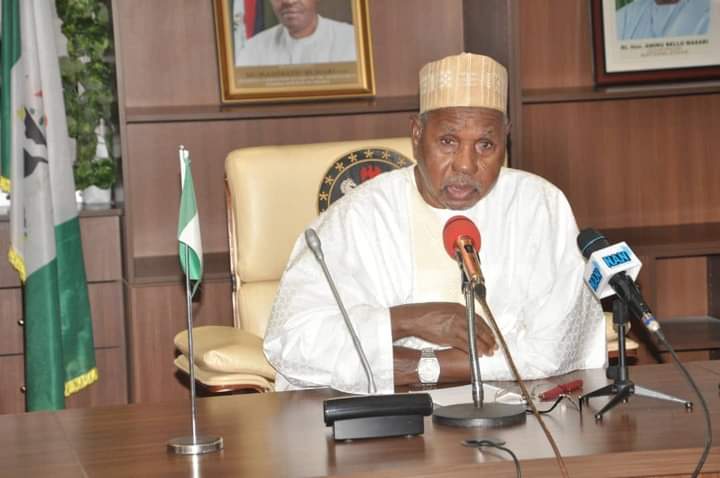
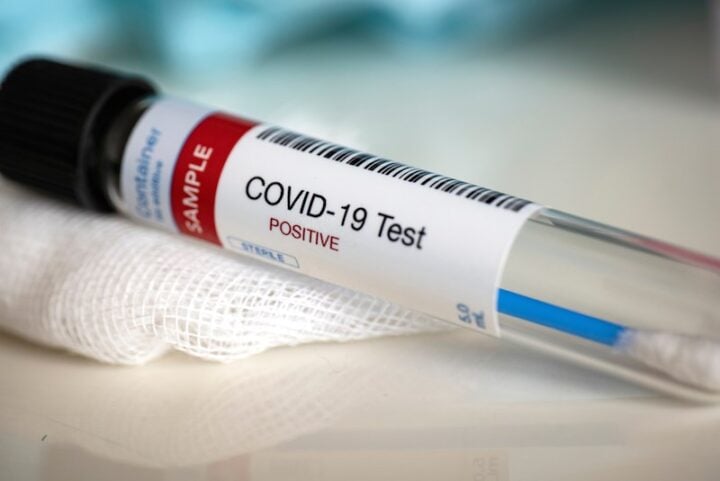
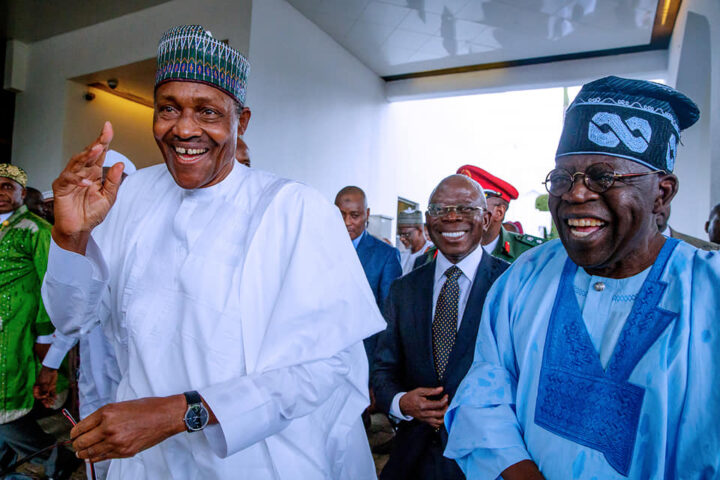
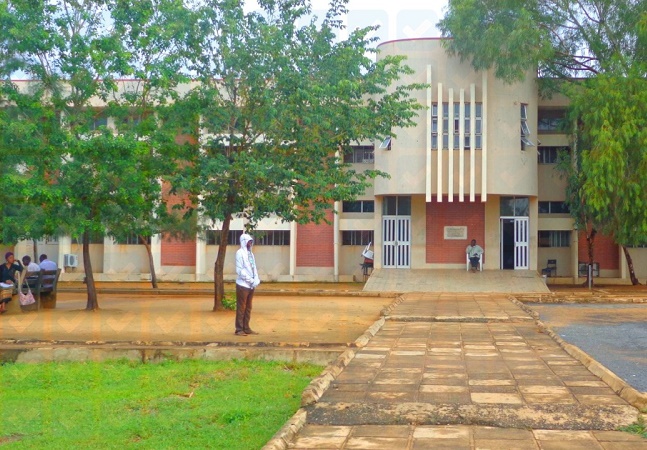
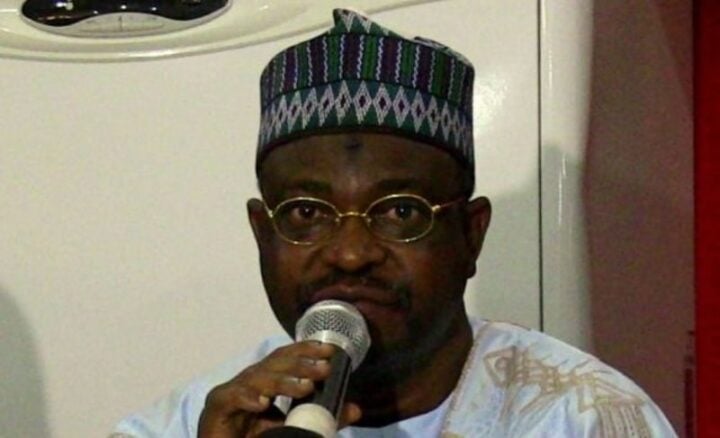
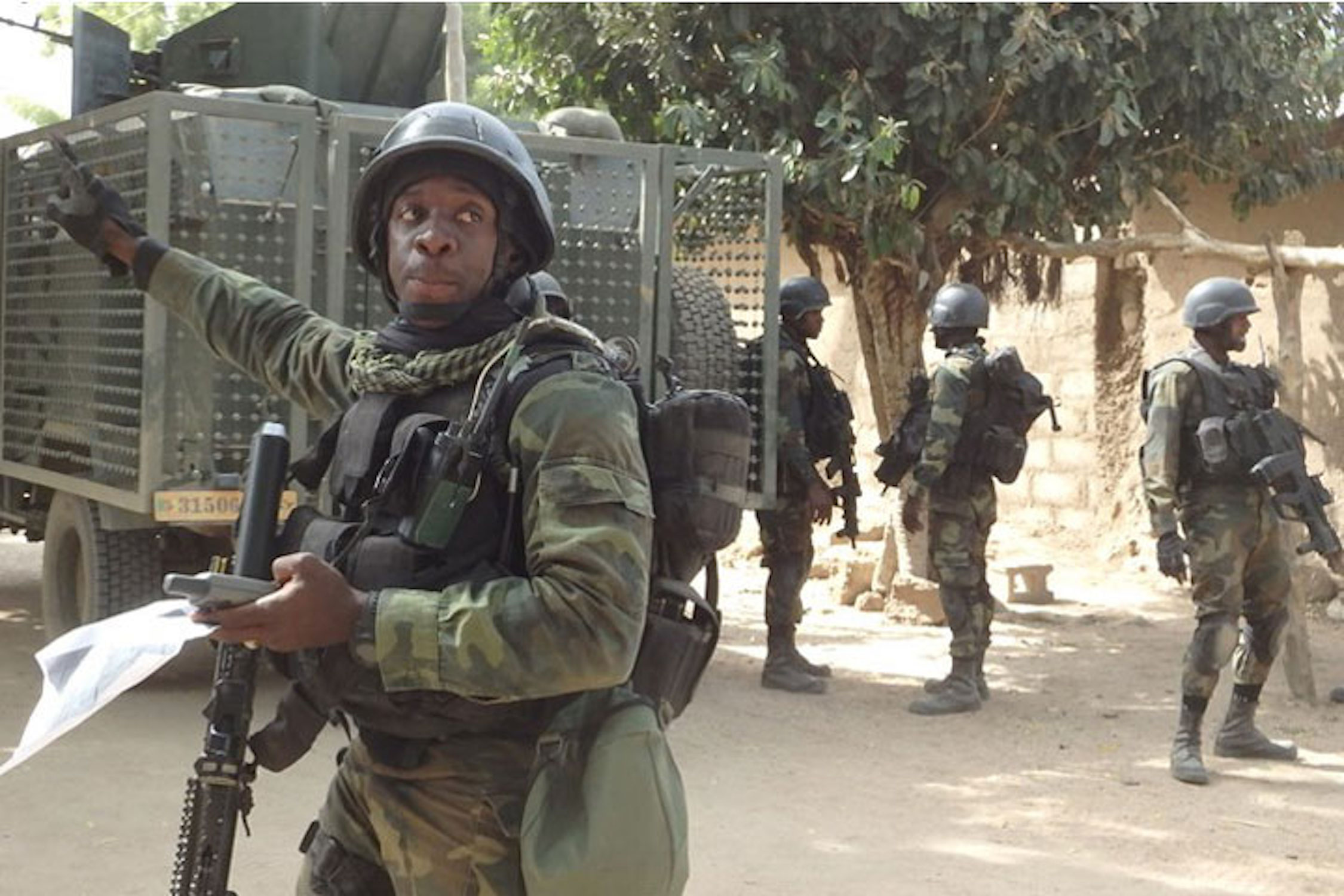
You have just nailed the problem confronting us as a nation. The task of persuading ordinary Nigerians to support removal of the subsidy scam rests with opinion leaders and credible writers like you. You must not stop to highlight the gains of ending the subsidy regime at every fora until Nigerians get it. That may not be in our lifetime but surely someday they will.